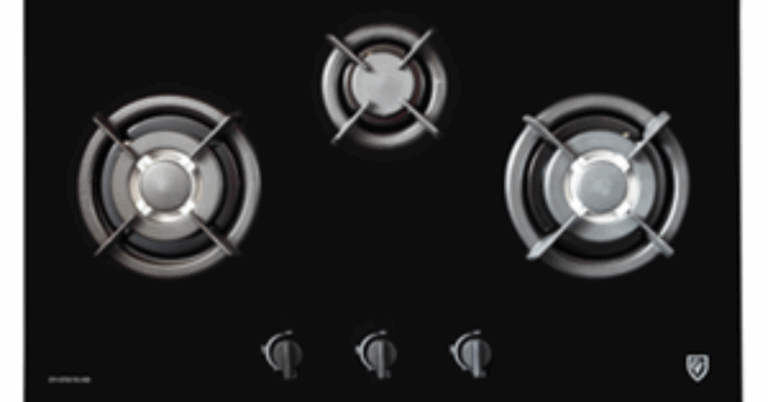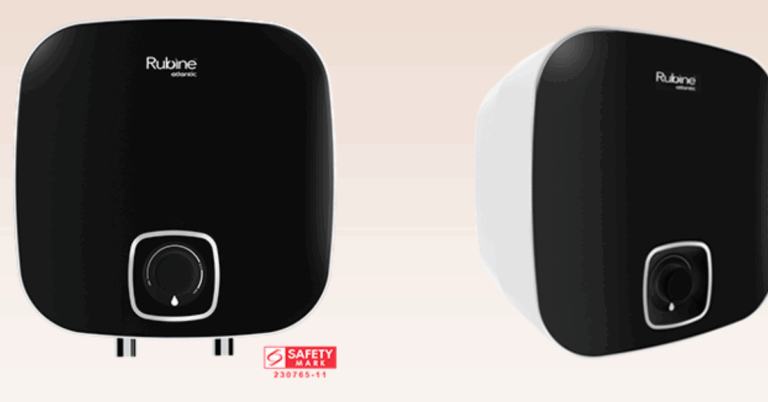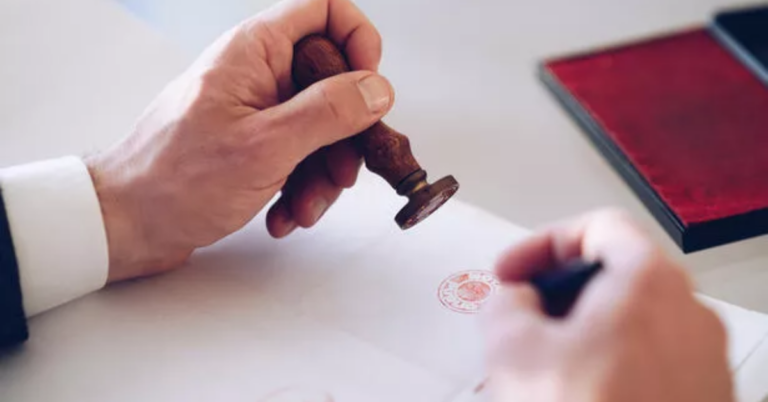Mobile Notary Bottineau County, North Dakota (ND): Your Guide to Trusted Notarization on the Go
In the evolving landscape of legal and administrative processes, mobile notary services have emerged as a vital convenience—especially in rural areas like Mobile Notary Bottineau County North Dakota ND. Whether you’re a local resident, a business owner, or just passing through the area, having access to a mobile notary can save time, reduce stress, and ensure your documents are handled legally and professionally.
This article provides an in-depth overview of mobile notary services in Bottineau County, how they work, why they’re important, and what you need to know to get your documents notarized quickly and securely.
What is a Mobile Notary?
A mobile notary is a commissioned notary public who travels to your location to notarize documents. Unlike traditional notaries who operate from a fixed office, mobile notaries bring the service to homes, offices, hospitals, correctional facilities, nursing homes, and any mutually convenient location.
This mobile approach is particularly beneficial in a county like Bottineau, where residents may live far from centralized towns or offices.
Why Mobile Notary Services Matter in Bottineau County
1. Geographic Convenience
Bottineau County is known for its scenic rural landscapes and small-town charm. However, that rural setting can present logistical challenges when it comes to accessing essential services. A mobile notary service bridges the gap between rural locations and legal necessities by bringing notarial services to your doorstep.
2. Time-Saving and Flexible
Whether you’re a farmer needing quick document verification or a busy professional unable to visit a notary during business hours, mobile notaries offer evening and weekend appointments. This flexibility ensures that your life doesn’t have to pause for paperwork.
3. Emergency and Last-Minute Needs
Hospitals, nursing homes, or legal proceedings sometimes require urgent notarizations—like a power of attorney or medical directive. A mobile notary can respond promptly, often the same day, to help during these critical moments.
4. Broad Range of Documents
Mobile notaries in Bottineau County are equipped to handle various documents, including:
-
Affidavits
-
Real estate deeds
-
Loan documents
-
Power of attorney forms
-
Wills and trusts
-
Adoption papers
-
Travel consent forms
-
Vehicle title transfers
Who Can Benefit from a Mobile Notary in Bottineau County?
Individuals
Residents who are elderly, housebound, or without access to transportation can rely on mobile notary services to come to their home or care facility.
Businesses
Local businesses, banks, insurance agencies, and real estate offices often require notarizations for internal processes or client transactions. A mobile notary can visit on-site for bulk document signings or one-off needs.
Legal Professionals
Attorneys and paralegals may need a notary to witness and authenticate signatures on legal filings, depositions, or settlement agreements, especially when working with clients in remote locations.
➤ Healthcare Facilities
Hospitals and long-term care facilities often require immediate notarization for living wills, HIPAA waivers, or end-of-life decisions. Mobile notaries provide the discretion and urgency needed for these situations.
How to Prepare for a Mobile Notary Visit
To ensure your appointment goes smoothly, consider the following tips:
Have Valid ID Ready
Notaries require government-issued photo identification such as a driver’s license, passport, or state ID. Ensure the ID is current and legible.
Ensure All Signers Are Present
Every individual who needs to sign must be present at the time of notarization. Mobile notaries cannot notarize signatures unless the signer is physically present.
Do Not Sign Documents in Advance
Documents must be signed in the presence of the notary. This ensures the notary can confirm the identity and willingness of the signer.
Have a Quiet Signing Space
If possible, prepare a space with minimal distractions for the signing process. This helps ensure all parties can focus on the document and ask any necessary questions.
Common Types of Notarial Acts Performed
Mobile notaries in Bottineau County are legally authorized to perform a range of notarial acts under North Dakota law, including:
1. Acknowledgments
Used when a signer declares they willingly signed a document, such as a deed or contract.
2. Jurats
Involves the signer swearing or affirming the truth of a document, commonly used for affidavits.
3. Oaths and Affirmations
Administered when a person must make a sworn statement, for instance in legal proceedings.
4. Copy Certifications
In certain situations, a notary can certify that a document copy is true to the original.
Mobile Notary Requirements in North Dakota
Mobile notaries in Bottineau County must:
-
Be at least 18 years old
-
Be a resident of North Dakota or have a place of employment or practice in the state
-
Pass a notary education course
-
Be commissioned by the Secretary of State
-
Use an official seal and keep a notary journal
These requirements ensure that notaries in Bottineau County are held to a professional standard and operate legally.
Benefits of Using a Local Mobile Notary
Knowledge of Local Laws
A local notary is familiar with North Dakota-specific notarial laws and can ensure compliance.
Trust and Community Connection
Working with a notary from within the community fosters trust and encourages more personalized service.
Prompt Response Times
Since they are already in the area, local mobile notaries can often provide quicker turnaround than services coming from other counties or cities.
Final Thoughts
Mobile notary services in Bottineau County, North Dakota, provide an essential bridge between rural living and modern documentation needs. Whether you’re handling real estate transactions, legal forms, healthcare directives, or personal documents, a mobile notary brings legal validation right to your doorstep. With professionalism, flexibility, and local knowledge, mobile notaries ensure your paperwork is completed correctly and conveniently—every time.
Frequently Asked Questions (FAQ)
Q1: What types of ID are accepted for notarization?
A valid government-issued photo ID such as a driver’s license, passport, or state ID is typically required. It must be current and bear the signer’s photograph and signature.
Q2: Can I have a document notarized if I’m in the hospital or nursing home?
Yes, mobile notaries regularly visit healthcare facilities and are trained to accommodate these environments.
Q3: Do I need to print my documents beforehand?
It’s ideal to have your documents printed and ready for the notary. Some mobile notaries may assist with printing for an additional arrangement, but it’s best to check in advance.
Q4: Can a mobile notary notarize a will or power of attorney?
Yes, as long as the signer is mentally competent and provides valid ID, a mobile notary can notarize wills, powers of attorney, and similar documents.
Q5: What if the signer doesn’t speak English?
The signer must be able to communicate clearly with the notary. If not, an interpreter may be required, but this varies depending on state rules and the notary’s discretion.
Q6: Can a mobile notary refuse service?
Yes, a notary may refuse to notarize if the signer cannot provide valid ID, does not understand the document, appears coerced, or if the document is incomplete or fraudulent.
Q7: Is notarization the same as legal advice?
No. Notaries cannot offer legal advice unless they are also licensed attorneys. Their role is strictly to verify identity and witness the signing process.






